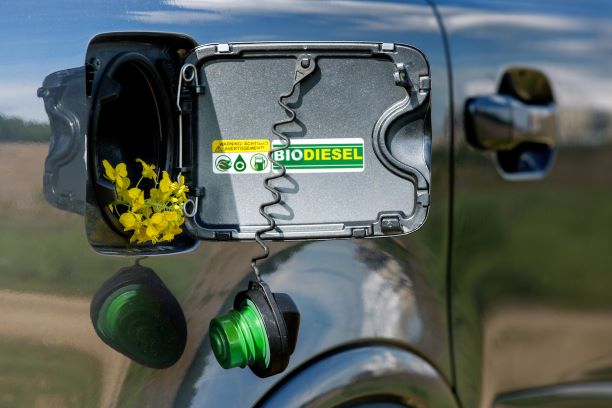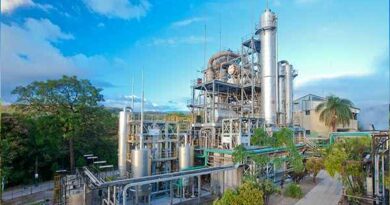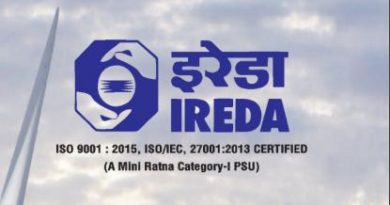Brazil mandates biodiesel blending of 14% from coming March

Following a meeting of Brazil’s National Energy Policy Council, Minister of Mines and Energy, Alexandre Silveira, announced an acceleration in the progression of the country’s biodiesel mandate. Effective from March, the blending requirement will increase to 14% (B14), surpassing the previously scheduled 13% (B13).
Additionally, the government proposed a further boost to a 15% mandate (B15) by March 2025, exceeding the earlier projection of 14%.
“Today we have expanded the participation of biodiesel even further in our matrix,” Silveira said in his statement. “This reduces our dependency on importing diesel oil, it helps to decarbonize, as ANP (Brazilian National Agency for Petroleum, Natural Gas and Biofuels) has been making great progress in certifying the quality of biofuel products approved in Brazil and it will stimulate national agriculture.”
Soybean oil, constituting approximately 70% of the biodiesel feedstock in Brazil, is expected to experience heightened demand, with each percentage point increase in the mandate translating to an estimated additional demand of over 400,000 metric tons per year. The country’s vegetable oils association, Abiove, even suggests the possibility of achieving a B15 mandate as early as 2024.
In a move to safeguard local interests, the government suspended the option to import biodiesel, and a dedicated working group was formed to assess the potential impacts of such imports. Minister Silveira emphasized the commitment to defending local content and national biodiesel until the working group completes its evaluation.
Notably, despite the approval of a resolution by the Board of Directors of ANP in November to regulate biodiesel imports for mandatory blending, three key sector associations—Abiove, the Association of Biofuel Producers of Brazil (Aprobio), and the Brazilian Union of Biodiesel and Biokerosene (Ubrabio)—have expressed their opposition to this move.




